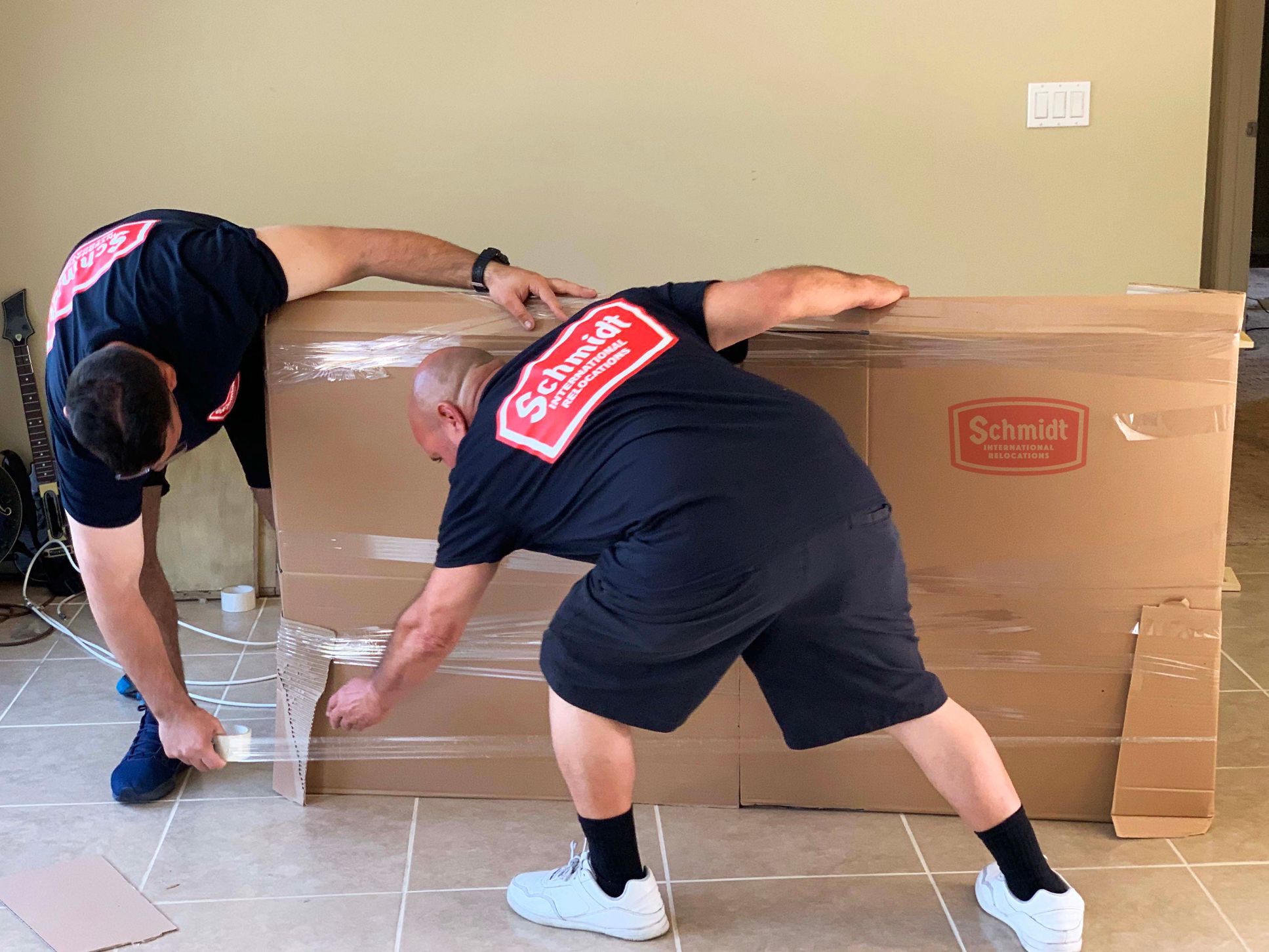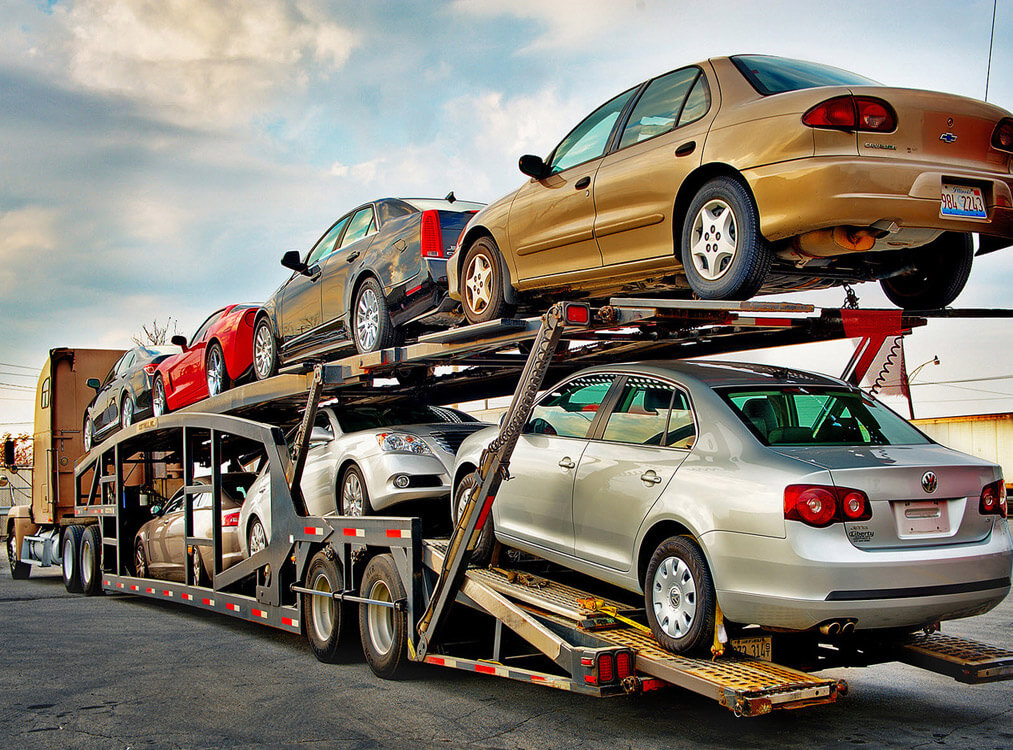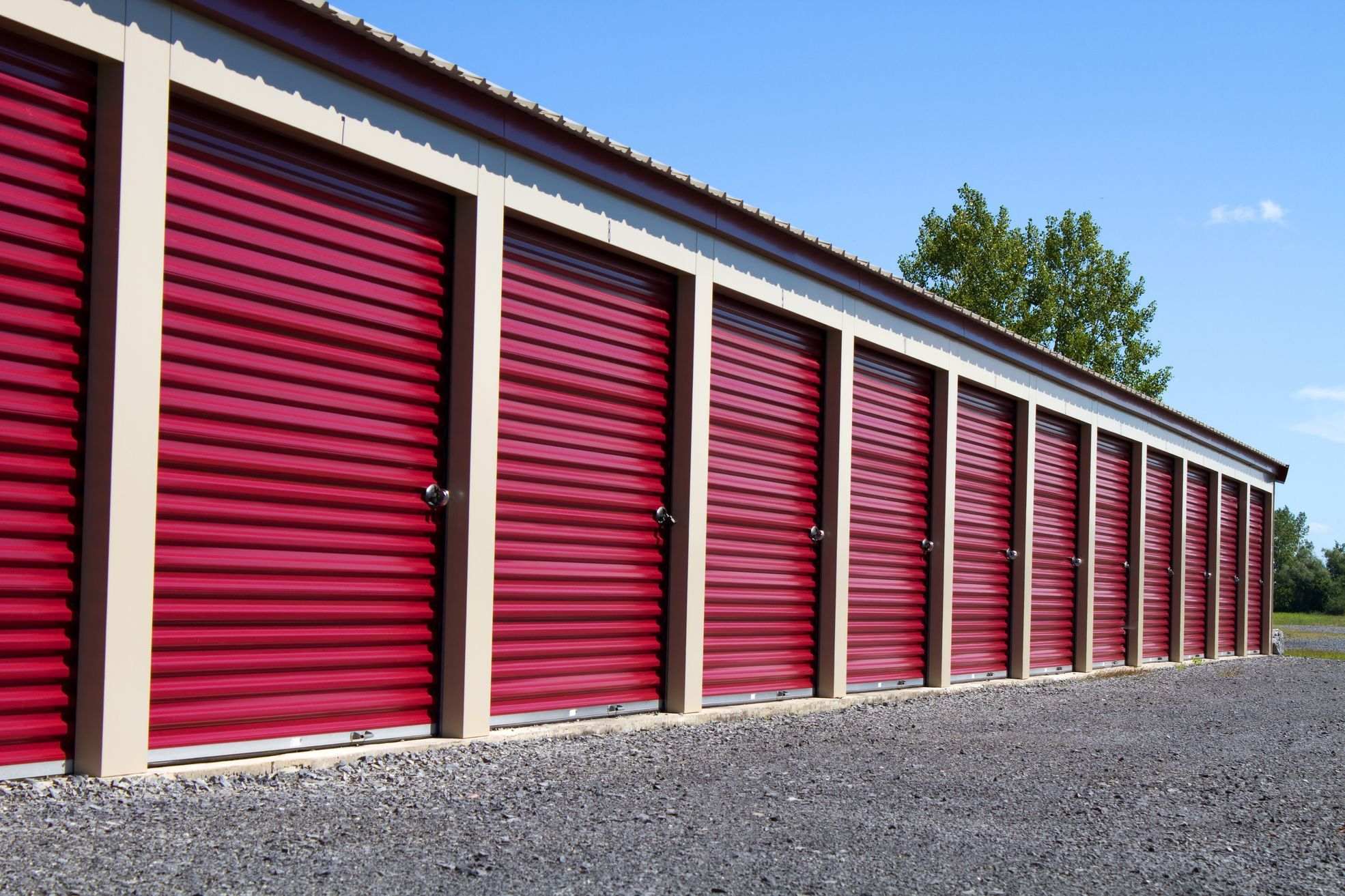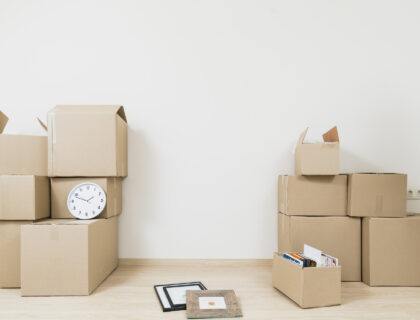

If you’re considering a small living arrangement when relocating overseas, there are a few things you should know before you start organizing the move. Below, we will outline some of the most important factors to consider when moving to a smaller home. They will make planning ahead easier and help you make the transition as smooth as possible. Read on to learn more!
Know Why You Are Downsizing
The thought of relocating and living overseas can be daunting. There are so many things to think about and organize that it’s easy to get overwhelmed. One of the first decisions you’ll have to make is whether or not to downsize your belongings – and when relocating to a place with less space, it’s a must.
For some people, this is a no-brainer. They see it as a chance to get rid of all the unnecessary clutter in their lives. But for others, the thought of getting rid of their belongings is terrifying. If you find it hard to separate from your possessions, try rationalizing. Ultimately, it comes down to understanding all the relocation benefits you can gain with it.
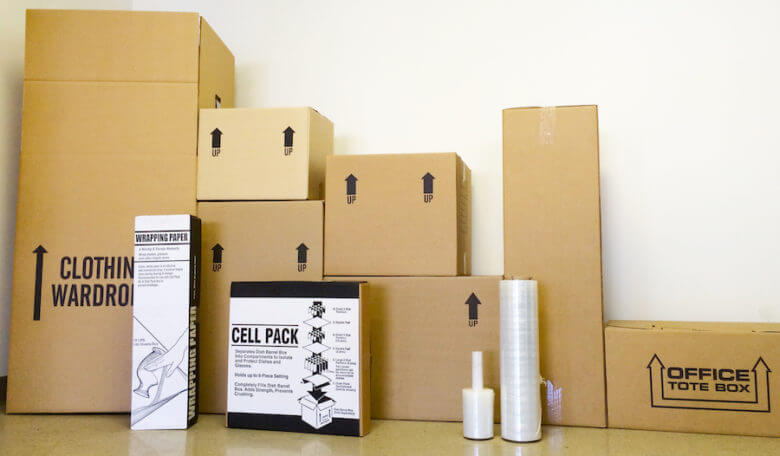
Make Sure You Are Focused on the Positive Sides of Moving to a Smaller House
There are both pros and cons of moving to a smaller home, but if you’ve made a decision to go through with it, focusing on the positive aspects of the move can be quite helpful.
For example, settling into a new residence abroad is hard enough without having to worry about finding places for all your stuff. If you downsize before the move, you’ll have less stuff to unpack and fewer things to worry about fitting into a small living space. This will make settling into your future residence much easier and less stressful.
Simultaneously, note that one of the biggest expenses you’ll incur when relocating abroad is shipping your belongings. The cost of shipping can quickly add up, especially if you’re relocating a lot of heavy furniture or large appliances. If you downsize your belongings, you can save a significant amount of money on shipping costs. Additionally, when you move to a new country, there may be excess fees and taxes associated with importing your belongings. These fees and taxes can be avoided if you choose to downsize instead of ship everything you own.
Make a Plan When Moving Overseas
Moving internationally is known to bring a lot of relocation stress to those organizing it. You’ll need to keep your focus on many different aspects of the move, and if you are unprepared, the situation could feel overwhelming. In order to avoid it, once you’ve made the decision to move, you need to make a to-do list.
By taking care of some key things beforehand, you can set yourself up for success and avoid any unwanted surprises down the road. Therefore, when organizing a move, here are some things you must complete before the relocation day comes:
Get your passport and visa in order
If you don’t already have a passport, start the application process as soon as possible. It can take several weeks (or even longer) to receive your passport, so you don’t want to wait until the last minute. Visa is yet another of the documents needed to travel abroad. If you need a visa to enter your country of choice, begin gathering the required documents on time.
Make sure you have health insurance
Check with your current provider to see if they offer international coverage or research local options for when you start living in another country. Depending on where you’re moving, public health insurance may be an option.
Sort out your finances
This includes getting your finances in order at home and opening a bank account in your new country (if you don’t already have one). You’ll also want to notify your bank of your upcoming move so that your cards continue to work while you’re abroad.
Learn at least some basics of the local language
Unless you’re moving to an English-speaking country, it’s a good idea to research some tips for learning a new language before you go. This will make everyday life much easier once you’re settled in. Not only that, but locals will appreciate your efforts!
Do your research on housing options
Once you know where you’ll be living, start looking into housing options in that area. This may mean renting an apartment, finding a homestay family, or something else entirely.
Pack wisely
When it comes time to pack up your belongings, be strategic about it. Keep in mind that you’ll be living in a small space, so pack light! Only bring items that are relocation essentials, and decide what to do with the rest.
Organize your travel logistics
Figure out how you (and your belongings) are going to get from point A to point B. Consider getting an international moving company to deal with the complicated shipping process and buy a ticket for traveling to a new country.
Learn about the area where you'll be living
Before relocating, it’s always a good idea to do a bit of research about the area. Use websites such as Numbeo to calculate the cost of living, research some fun things to do, consider the safety index, look for the best restaurants in the area, and so on. Knowing these things ahead of time will help you hit the ground running when you arrive.
At the same time, don’t forget to say goodbye to your friends and family! Give yourself enough time before leaving to spend quality time with your loved ones and discuss how to keep in touch after your move. These goodbyes may be bittersweet, so prepare for a tear or two.

Crunch Numbers and Draft a Budget
Many people decide to downsize to save money on utilities, insurance, house payments, property taxes, and so on. However, international relocation can be expensive, whether you’re relocating abroad alone or with your family. Therefore, it’s important to calculate your relocation budget and see where you’re standing. Once you know how much money you have at your disposal, it will be easier to plan the move and choose international moving services that suit you.
Additionally, it’s important to set aside some money each month to cover the cost of relocation-related expenses. Try to be as realistic, and don’t forget to factor in the travel expenses to your future residence. Also, make sure you calculate the costs of additional services (if you plan on using them), such as packing service as well as overseas vehicle shipping. For maximum results, you can also analyze your living expenditures to identify areas where you may make changes and cuts.
When Moving to a Smaller Home, You Need to Declutter
When you’re relocating abroad, the last thing you want to do is lug a bunch of stuff you don’t need halfway around the world. Not only that but all that unnecessary stuff is bound to create clutter and chaos in your new, tiny living space. So, how to start the task of moving from a large home to a smaller one? Decluttering is the first step of downsizing when moving to a smaller home. To avoid common relocation mistakes, here are some relocation hacks on how to do it successfully:
- Start early – this gives you time to go through everything and really think about what to keep and what you can live without. It also prevents you from getting overwhelmed as your relocation date approaches.
- Be ruthless – if you haven’t used something in six months or more, chances are you won’t miss it. The exceptions to this rule are items with high monetary or sentimental value.
- Create a system – and make sure to stick to it. For example, you might want to sort your belongings into three categories: keep, sell/donate, and trash. This will help you stay organized and prevent you from getting rid of things you actually want to carry over or keeping things you don’t need.
- Digitize – nowadays; there’s no need to keep physical copies of things like bills and tax returns. You can simply scan them and store them electronically. This will free up valuable storage space in your new residence abroad.
- Ask for help if you need it – if decluttering seems like too daunting a task to tackle on your own, don’t hesitate to ask for help from friends or family members. They’ll be more than happy to provide help (and maybe even take some of your stuff off your hands).
Take Measurements to Ensure All of Your Furniture Will Fit
Get a measuring tape and record the dimensions of every piece of furniture you plan on bringing with you. This will include couches, chairs, dressers, beds, end tables, coffee tables, and anything else that won’t fit in a box. You should also measure any large appliances you plan to keep (if any).
Once you have all of your measurements, it’s time to find out the dimensions of your new home. Since you’re relocating abroad, it can get tricky, so it’s wise to leave behind all furniture pieces that are too large and bulky.
Bring Space-Saving Furniture When Moving Abroad
As anyone who’s ever moved knows, trying to fit all your belongings into a new place can be quite a challenge. This is especially true if you’re moving to a tiny space or relocating to another country with different furniture standards.
One way to save space (and money) when planning to move and live abroad is to invest in space-saving furniture. This type of furniture is designed to be compact and efficient, so you can make the most of your new space without feeling like you’re living in a cramped apartment.
Look for pieces that serve multiple purposes. A sofa that doubles as a guest bed, or a coffee table that also serves as a storage ottoman, is a great way to save space. Simultaneously, don’t be afraid to get creative with your furniture arrangement. Sometimes, the best way to save space is to think outside the box. Try using a bookshelf as a divider between your living room and dining area or placing a small desk in your bedroom instead of a traditional nightstand.
Take a look at the video below to get some ideas for multi-purpose furniture pieces:

Use Storage Service Until You Decide What to Do With Your Furniture
Storage services can be a great option if you’re not ready to decide what to do with your furniture (or anything else) right away. You can store your furniture in a storage unit for a few weeks or months until you figure out what you want to do with it.
If you’re relocating to a small living space, a storage service can be a great option for storing your furniture until you find a bigger place. Additionally, they can be a great option for keeping your furniture behind until you arrive in a new country and are ready to ship your belongings.
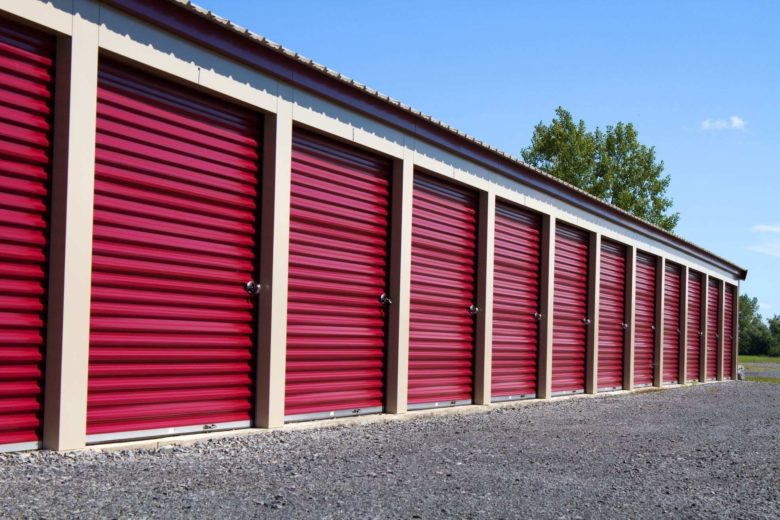
While You Are Preparing for a Small Home Living, Let Professionals Handle the Rest of the Move
Relocating to a new city abroad to a place with a small living space can be exciting and terrifying at the same time. The good news is that you don’t have to do it all alone. There are professional relocation companies that can handle all of the hard work for you.
International movers deal with logistics, pack up your belongings securely, prevent items from breaking, transport them to your new residence, and provide you with many additional services to make your move a breeze. So, let the professionals handle the rest of the move while you focus on settling in a new country. They can make it a seamless and stress-free experience for you – even if you plan to move across the world.

